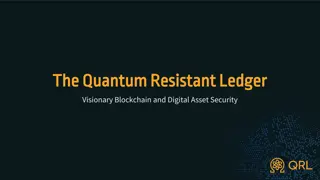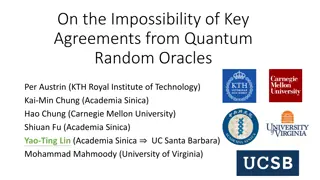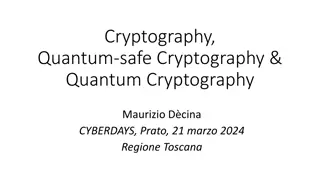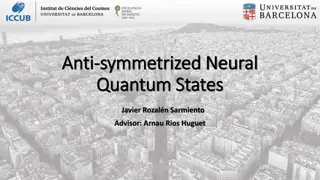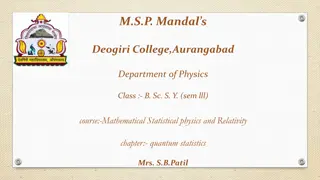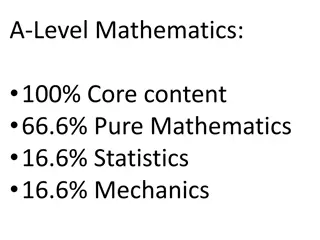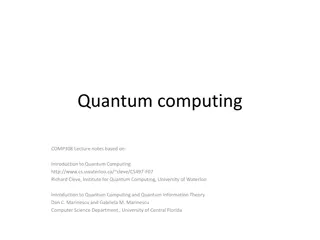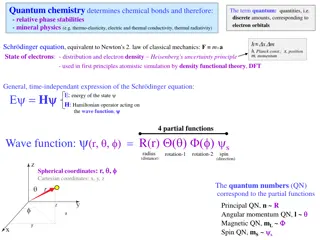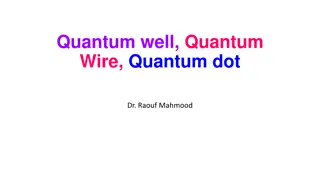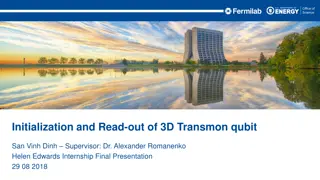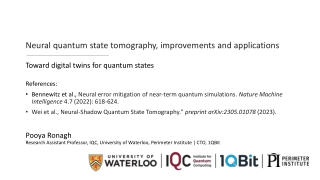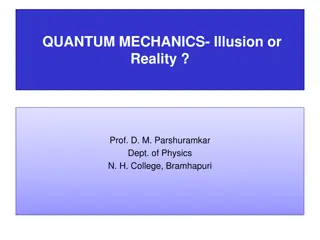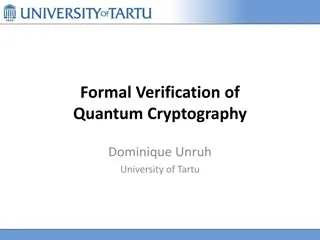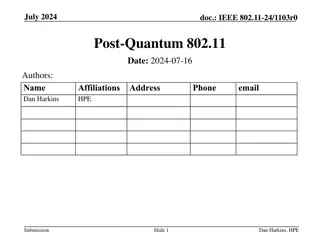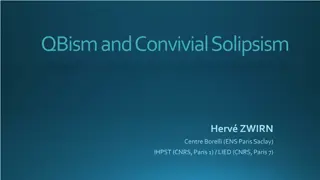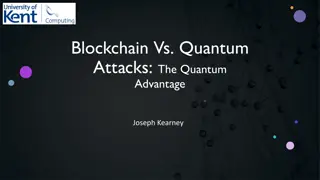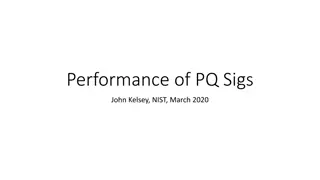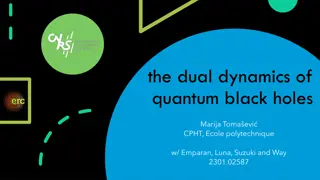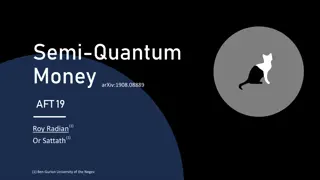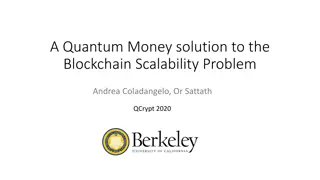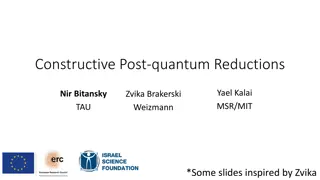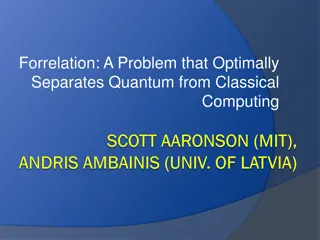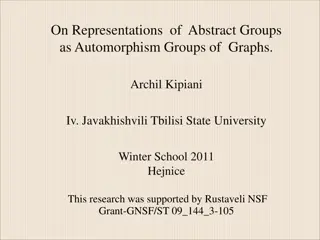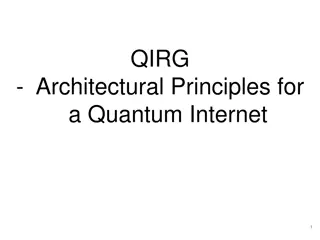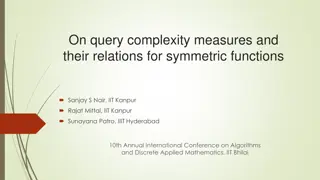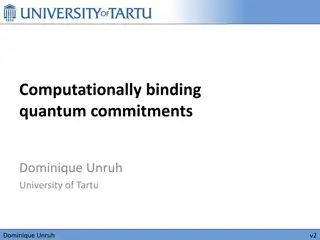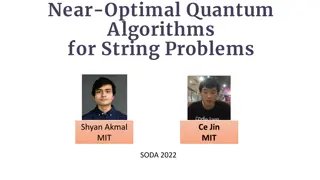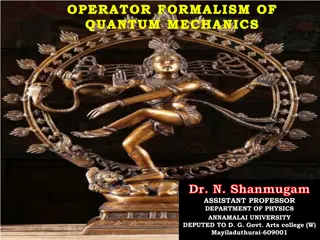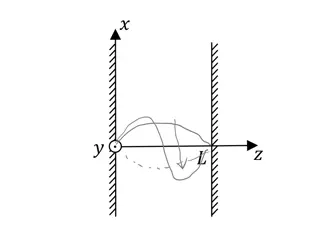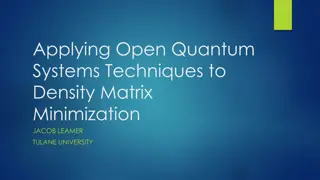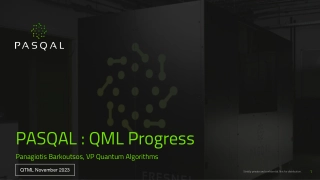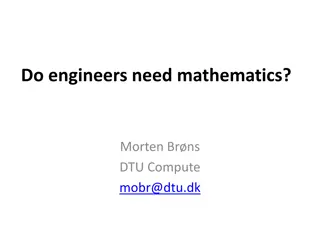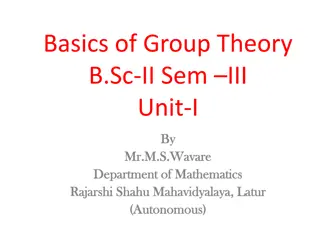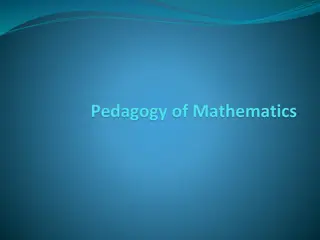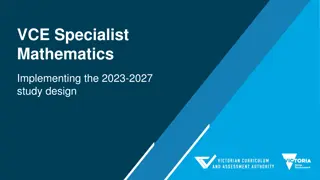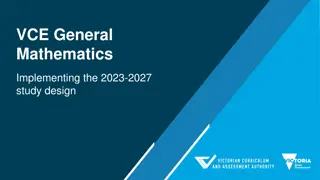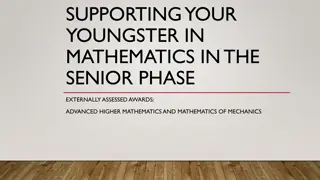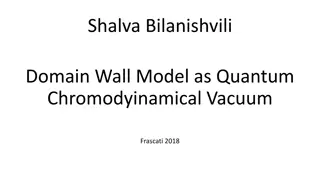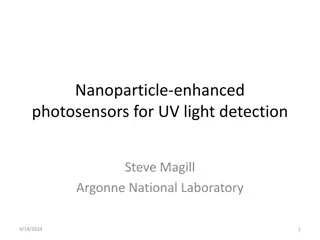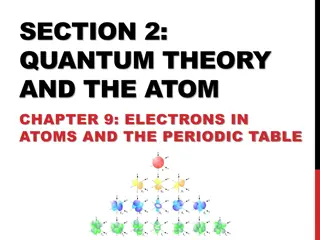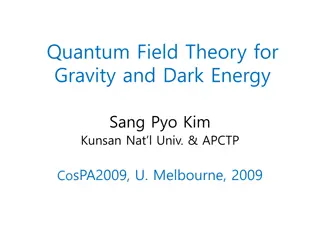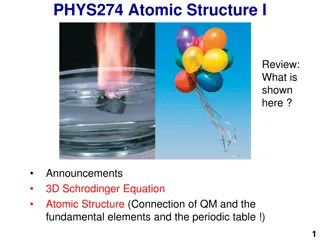Introduction to Quantum Groups and Algebras in Mathematics
Explore the philosophy of quantum groups, spaces, and algebras in mathematics. Learn about recovering spaces from their algebras, algebras of functions on groups, and the concept of a Hopf algebra. Discover how additional structures on spaces are captured through algebras of functions, and the role of a quantising functor in this context.
Download Presentation

Please find below an Image/Link to download the presentation.
The content on the website is provided AS IS for your information and personal use only. It may not be sold, licensed, or shared on other websites without obtaining consent from the author. Download presentation by click this link. If you encounter any issues during the download, it is possible that the publisher has removed the file from their server.
E N D
Presentation Transcript
Shadows without Objects A very quick introduction to the philosophy of quantum groups. J.P. McCarthy
Spaces A space is a set (of points) with some additional structure. For example, Finite Sets, Groups, Rings, Fields, Vector Spaces, Topological Spaces, Richer versions of Vector Spaces and Topological Spaces (including Topological Vector Spaces).
Algebra of Functions on a Space Take the example of a finite set X:={a,b,c} and consider the set F(X) of complex valued functions on X. I will call F(X) an algebra. Amongst other operations, its elements can be added and multiplied by a scalar. In fact F(X) is a vector space with basis: Notice that F(X) --- through dim F(X) = 3 --- tells us everything there is to know about X!
Recovering a Space from its Algebra You can study a space by studying its algebra but often even more can be said. Given a (suitably chosen) algebra of functions on a space, you can recover the space from the algebra like from a shadow you can recover the object In the example from earlier, the basis of F(X): is a set isomorphic to X via:
Algebras of Functions on Groups Now consider a finite group as our space. The additional structure on a group is captured by F(G), F(G x G) and F(G x G x G) as follows. Associativity
Algebras of Functions on Groups Inverses: Identity:
These relations can be encoded in a Hopf algebra It is possible to start with a group and in a natural way quantise the three axioms in something called a Hopf algebra : In a Hopf algebra you have a co-multiplication D, a co-inverse S and a co-identity e and the group axioms are encoded by relations between these: Note these make no reference to points only to elements of the algebra.
Commutative Hopf algebras Let F(G) be the algebra of functions on a group. Elements of F(G), functions, can be multiplied together pointwise to produce new functions: and as the complex numbers are commutative so is the multiplication in F(G). It turns out that every commutative finite dimensional Hopf algebra is the algebra of functions on some finite group. There are, however, Hopf algebras that also satisfy these axioms but aren t the algebra of functions on any group because they are no longer commutative! These are the algebras of functions on quantum groups!
but quantum groups arent sets of points! Quantum Groups don t exist we study their shadows as if there is a set of points but there is no underlying space! We ask questions about a group and can answer these questions up in F(G). Occasionally, we can still answer these questions for a quantum group up in F(G) for a quantum group G!
Too abstract? Well not really Quantum Mechanics, an incredibly successful physics theory has at its core the assumption that measurements of observable quantities are eigenvalues of not necessarily commutating elements of an algebra the algebra of functions on a quantum space a space that doesn t exist in the way that we normally think about space: as a set of points. In other words quantum mechanics a theory for this universe we are in right now - doesn t even interpret space as a set of points...
Where is my specific interest? Broadly, quantum probability is an area of maths interested in generalising notions of classical probability where a commutative algebra of random variables is replaced by a more general algebra. One particular question of classical probability is How many shuffles does it take to mix up a deck of cards? and can be answered in the language of random walks on groups. There is the notion of a random walk on a quantum group, and I am trying to apply techniques from the classical, commutative situation to the quantum case.


